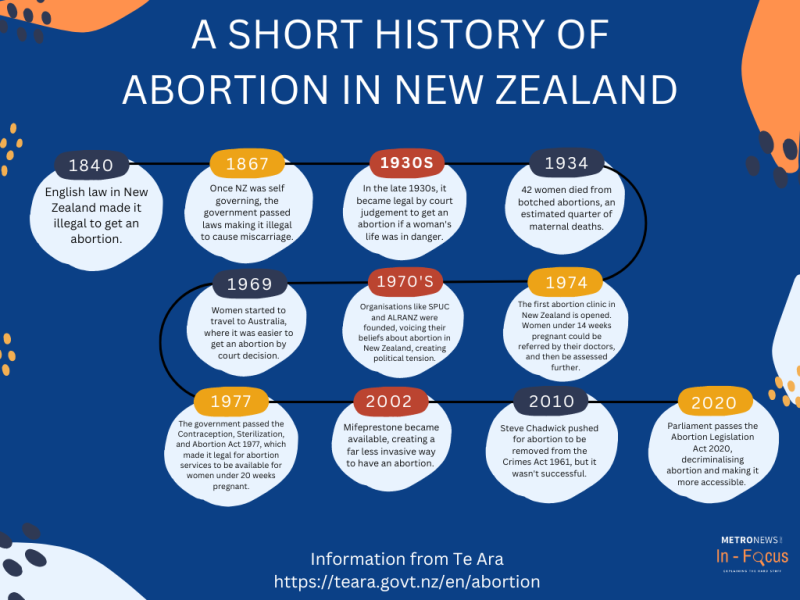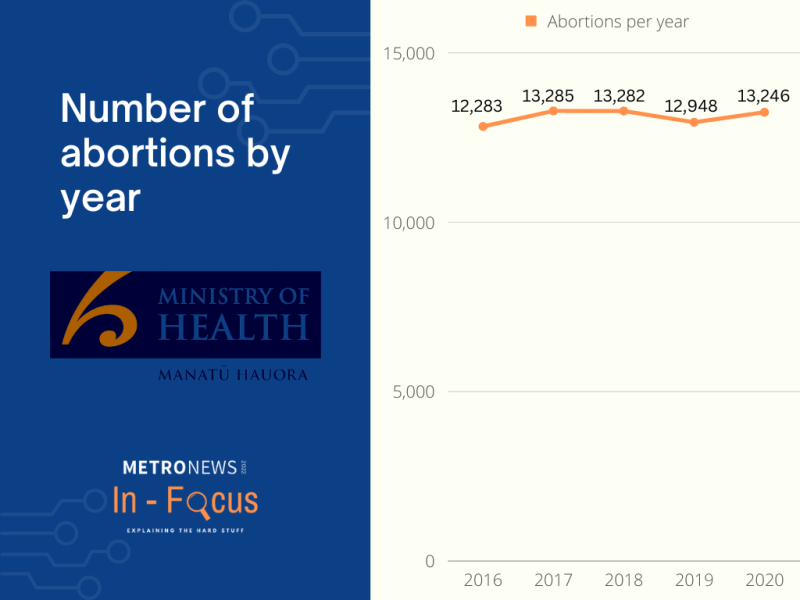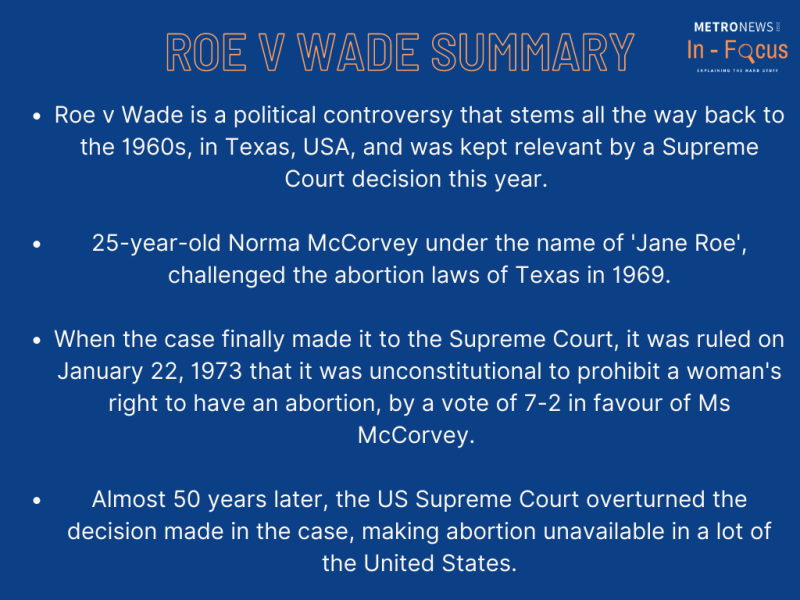The state of public opinion on abortion in Aotearoa:
A report was published by the National Council of Women last year, which investigated attitudes about a variety of matters related to gender equality in New Zealand.
According to this report, in 2017, 66% of respondents believed that a woman should have the right to choose whether or not she has an abortion.
Based on their more recent survey last year, acceptance of abortion has risen by eight percent now sitting at 74%.
Bring in the people:
As the history of abortion in Aotearoa clearly shows, it has been a catalyst for a lot of division and activism in our past. The question remains, can a middle ground be found?
Rotorua Mayor, Steve Chadwick has been involved in women's health for most of her life. She was the Minister of Women's Affairs in 2007 - 2008, and before her life in politics, she was a midwife, also running family and child services at Rotorua Hospital. It was her experience at this time that shaped her stance on abortion.
"It was during that career that I saw many women across the spectrum who had been caught with the criminalization of abortion and having babies that the women felt that they couldn’t look after them properly."
It was in 2010, when Chadwick had come into politics, that she proposed law reform for abortion. She wanted to see it decriminalised by taking it out of the Crimes Act. However, the proposed reform wasn't successful and didn't manage to pass the caucus.
When asked about her efforts, she said that 'public health is a slow burn', and she's glad that reform has come, even if it came 12 years after her attempt.
Chadwick said she believes there are still distinct pre-conceived ideas about women who get abortions.
"It’s not just the stigma of the unmarried mother who gets caught, these are women across the board who simply can’t cope with another pregnancy, either because they’ve got a big family, or incest within a family, or rape cases, they shouldn’t have had to prove that it had mental health consequences.”
When asked about generalisations surrounding people who believe that abortion should be legal, she said that in her view, abortion is not the only answer, and is only the last resort in reproductive choice. She said she would much rather prefer earlier intervention so women didn't have unplanned pregnancies. In order to make this happen, she believes more sexual awareness and education are needed, as well as better access to contraception.
An example of earlier intervention she mentioned, was encouraging conversations around sexual choice and reproduction within families and schools, to make sure that future generations know how to remain safe.
To help make this happen, Chadwick was part of a curriculum review in 2002, to help bring sex education into schools.
"We managed to get into the curriculum that there would be open education in schools for all young children to hear about sexuality and contraception and their choices in keeping themselves safe. It wasn’t abortion or nothing, it was about education, raising awareness.”
Chadwick believes that women should have the choice as to whether or not they have an abortion, but still wants to see more dialogue about sexual choice, and further education, to ensure earlier prevention.
Anonymously, some pro-choice Christchurch residents also had their say.
One person shared their perspective, saying that being pro-choice doesn't mean being pro-abortion, saying they believe in giving women the choice. They also raised concerns that banning abortions would force women to undergo unsafe practices to have an abortion.
Another said they feel abortion is the right way to go in certain circumstances, such as rape or incest. They also believe if having a child would put major financial or emotional stress on the mother, or if the child would be born with serious health conditions, then abortion should be an option.
On the other side of the debate, is Michelle Kaufman, director of Family Life International NZ, one of the organisations that participate in March For Life.
March For Life is a pro-life event, where different organisations get together to protest against abortion law. Later this year, they will gather in Wellington to make their voices heard again. They first marched in 2017 to mark the 40th anniversary of the passing of the Contraception, Sterilisation, and Abortion Act of 1977, a law they opposed.
They marched again in Christchurch in 2020, the year the Abortion Legislation Act was passed.




